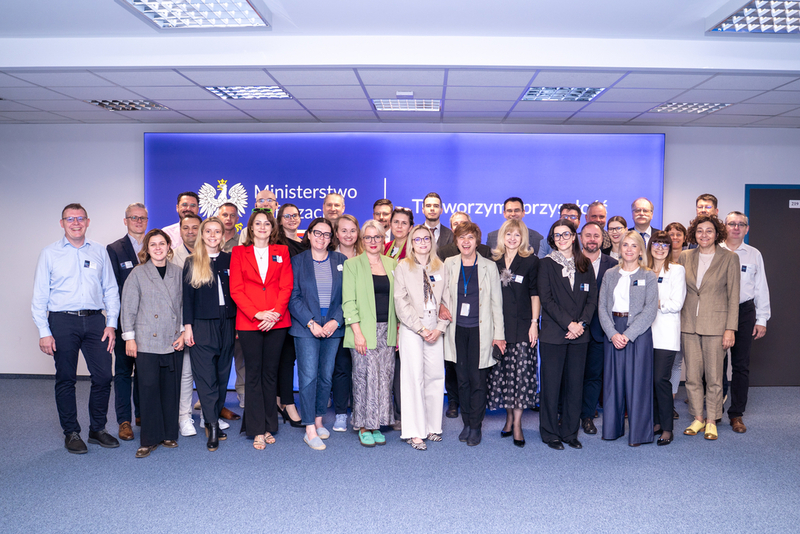Dr Dominika Kaczorowska-Spychalska, Associate Professor at the University of Lodz participated in the "(Non)automated Responsibility. Human-Centred AI Education" panel, during which key issues related to the implementation of AI technology in the education system were discussed. The most important topics included aspects related to:
- responsibility in the educational process at all levels of education, from primary schools to universities;
- the changing role of the teacher in an era of widespread access to AI-based tools;
- ethical challenges related to the use of artificial intelligence in term papers, diplomas and scientific papers;
- the diverse concerns of teachers, both school and academic, resulting from dynamic technological changes and their impact on education.
.
Education in the era of AI cannot function in isolation from technology, but it is not technology that should determine its direction. The foundation of education development should be the human and their ability to think critically, cooperate, empathise and creatively solve increasingly complex problems. I am a strong supporter of the Augmented Academy idea, which assumes a hybrid approach to education: combining the best of traditional teaching with the potential of AI tools. The teacher should be a mentor, a partner in discovering and interpreting reality, and the student should become a co-creator of knowledge. The role of the teacher is therefore changing from a person providing information to a guide who helps understand what is important and how to use AI in order to develop skills and competencies, including industry-specific ones, desired on the market
– says Dr Dominika Kaczorowska-Spychalska, Associate Professor at the University of Lodz.

